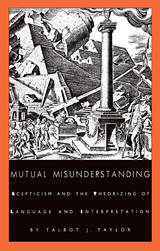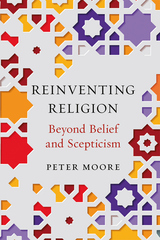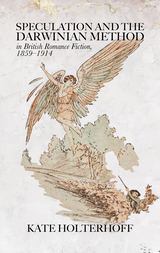
Certainty was first published in 1981. Minnesota Archive Editions uses digital technology to make long-unavailable books once again accessible, and are published unaltered from the original University of Minnesota Press editions.
Philosophers have traditionally used two strategies to refute the sceptical that empirical knowledge is not possible because our beliefs cannot be adequately justified. One strategy rejects the sceptics' position because it conflicts with the supposedly obvious claim that we do have knowledge. The other defends an analysis of knowledge limited to a weak set of necessary and sufficient conditions of knowledge or limited to a set of conditions specifically designed to be immune to sceptical attack.
In Certainty: A Refutation of Scepticism, Peter D. Klein uses a third strategy. He argues that scepticism can be refuted even if it is granted to the sceptics that knowledge entails absolute certainty. The argument for his thesis has two parts. He identifies the various types of scepticism and shows that the arguments for them depend upon epistemic principles which, when examined carefully, are unable to support the sceptical conclusions. Klein then argues — contrary to the views of most nonsceptics—that knowledge entails certainty and that some empirical beliefs are absolutely certain. In the course of his argument Klein develops and defends an account of justification, knowledge, and certainty. The result is a theory of knowledge based upon a model of justification designed to be acceptable to sceptics, nonsceptics, foundationalists, and coherentists.
Mutual Misundertanding thus presents a strikingly original analysis of the rhetorical patterns underlying Western linguistic thought, as exemplified in the works of John Locke, Jacques Derrida, Gottlob Frege, Jonathan Culler, Noam Chomsky, Ferdinand de Saussure, H. Paul Grice, Michael Dummet, Stanley Fish, Alfred Schutz, Barbara Herrnstein Smith, Harold Garfinkel, and others.
This analysis reveals how, by the combined effect of appeals to "commonsense" and anxieties about implications of relativism, scepticism has a determining role in the discursive development of a number of the intellectual disciplines making up the "human sciences" today, including critical theory, literary hermeneutics, philosophy of language and logic, communication theory, discourse and conversation analysis, pragmatics, stylistics, and linguistics. Consequently, this provocative study will be of value to readers from a wide variety of disciplinary backgrounds.


READERS
Browse our collection.
PUBLISHERS
See BiblioVault's publisher services.
STUDENT SERVICES
Files for college accessibility offices.
UChicago Accessibility Resources
home | accessibility | search | about | contact us
BiblioVault ® 2001 - 2025
The University of Chicago Press









